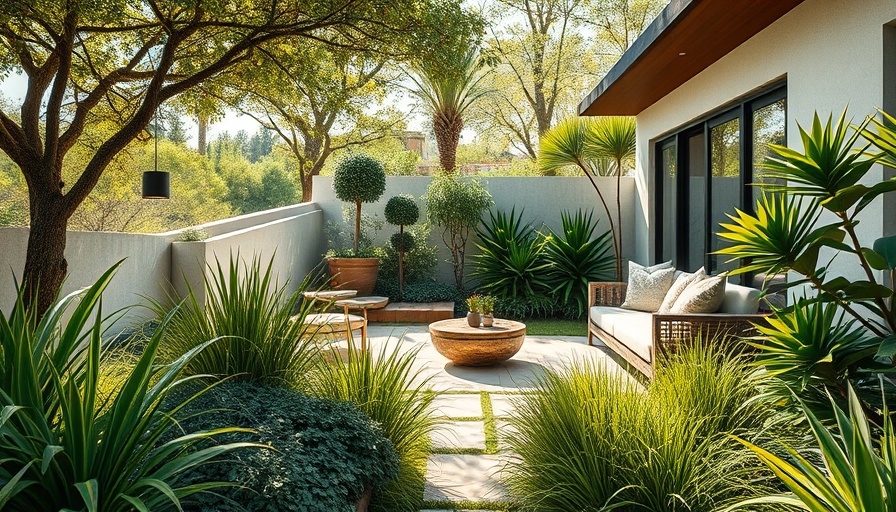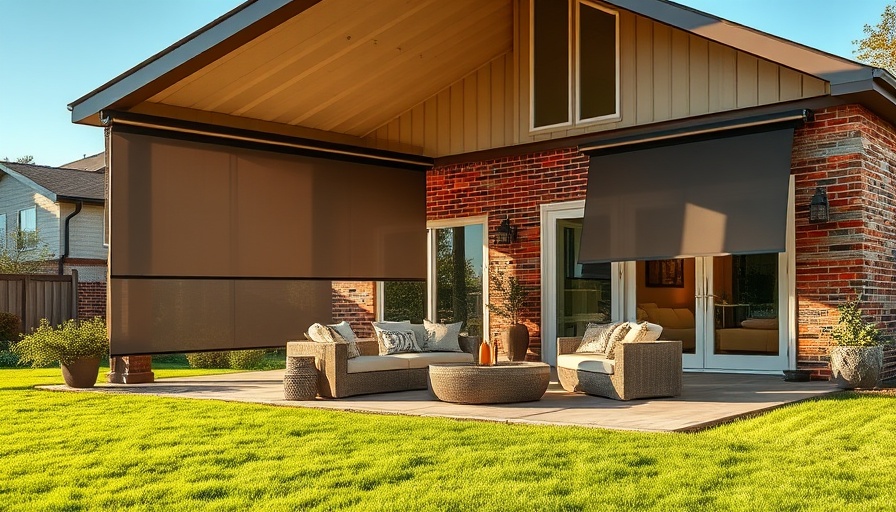
The Future of Gardening: A Shift Towards Ecological Practices
As gardening enthusiasts gear up for the 2025 growing season, a wave of new trends is taking center stage. These trends emphasize ecological sustainability, aesthetic variety, and a connection to nature. Landscape designers and gardening experts are edging away from manicured lawns towards more organic, wildlife-friendly gardens that promote biodiversity and reduce human impact on the environment.
Trend 1: Embracing Wild Planting
Wild planting is gaining traction as homeowners seek to create spaces that reflect natural ecosystems. Landscape designers such as Jane Ashley are observing a rise in requests for looser, less formal planting schemes. “It aligns with the rewilding movement; clients are increasingly interested in cultivating gardens that encourage local flora and fauna,” she notes. This trend highlights a shift towards embracing imperfection, allowing gardens to become more dynamic and diverse.
Trend 2: The Rise of Permeable Landscapes
As climate change continues to impact neighborhoods, homeowners are looking at how their gardens can contribute positively to their surroundings. Permeable landscapes, which allow water to drain through surfaces like gravel and permeable pavers, are becoming increasingly popular. These designs not only control stormwater runoff but also aid in recharge of groundwater supplies. Experts emphasize that such gardens help mitigate flooding while nurturing the local ecosystem.
What is Slow Gardening?
Another emerging concept is slow gardening, a movement inspired by slow food practices that emphasize taking time to nurture gardens rather than rushing through tasks. Homeowners are increasingly investing in high-quality, sustainable materials and techniques rather than conforming to fast gardening trends. This method encourages mindfulness and a deeper connection to the land, allowing more time for planting, pruning, and harvesting — fostering appreciation for the growth cycle.
Wildlife Corridors and Biodiversity
Creating wildlife corridors within gardens is becoming a priority as more homeowners recognize the importance of biodiversity. These corridors not only serve as pathways for the movement of wildlife but also enrich garden ecosystems. “Designing with wildlife in mind ensures that our gardens not only serve us but also provide habitats for other creatures,” says Claudia de Yong, an advocate for wildlife-friendly gardening. This approach nurtures a thriving ecosystem, encouraging sustainability and contributing to local conservation efforts.
Current Trends: Aligning with Sustainability
As societies become increasingly aware of environmental crises, trends in gardening are pivoting to embrace a broader message of sustainability. Homeowners are prioritizing native plants that are better suited to local climates, requiring less water and maintenance. The inclusion of drought-tolerant plants not only aids in conserving water but also creates a resilient and visually captivating garden.
Trends Reflecting Behavioral Changes in Gardening
These gardening trends represent a profound behavioral shift toward more sustainable lifestyles. Homeowners today prefer spending time designing landscapes that integrate seamlessly with nature, making choices that reduce carbon footprints while enhancing personal enjoyment. Alongside practical benefits, the emotional satisfaction derived from nurturing a space that resonates with natural beauty cannot be overstated.
Decision-Makers: Who Models These Trends?
Landscape designers and eco-conscious manufacturers are modeling these changes and providing resources for homeowners willing to adapt. As members of an increasingly post-pandemic society seek solace in nature, gardening transformations are set to play crucial roles. With experts leading the way, we anticipate increased collaboration in gardening education and innovations for more inclusive practices.
As we look toward 2025, it's crucial to adapt and evolve with these trends; they signify our collective responsibility to contribute positively to the environment. By understanding and embracing these changes, we can cultivate gardens that not only enhance our homes but also contribute to a greener planet.
Let Us Help You Realize Your Dream Garden
Ready to transform your outdoor spaces with these exciting trends? At [Your Company Name], our professionals can help you design, plan, and build your next home or remodel. Call us at 831-521-7729 to get started!
 Add Row
Add Row  Add
Add 




 Add Row
Add Row  Add
Add 

Write A Comment